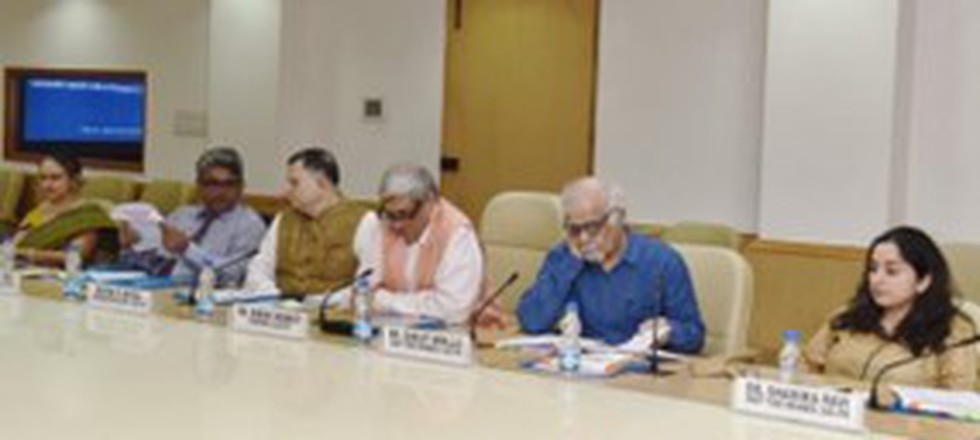About Economic Advisory Council to the Prime Minister (EAC-PM):
- It is an independent body constituted to give advice on economic and related issues to the Government of India, specifically to the Prime Minister.
- It was set up for the first time in September 2017 with a term of two years.
- Terms of Reference:
- Analyzing any issue, economic or otherwise, referred to it by the Prime Minister and advising him thereon, addressing issues of macroeconomic importance, and presenting views thereon to the Prime Minister.
- These could be either suo-motu or on reference from the Prime Minister or anyone else.
- Attending to any other task as may be desired by the Prime Minister from time to time.
- Composition:
- EAC-PM is headed by a Chairperson and consists of eminent economists as members.
- It is supported in its functions by a team of officials and administrators.
- There is no fixed definition of the exact number of members and staff of the EAC-PM.
- It is common for the Council to be reconstituted time and again with different organizational structures headed by various economists who are of recognized international eminence.
- For administrative, logistic, planning, and budgeting purposes, the NITI Aayog serves as the nodal agency for the EAC-PM.
What is a Patent?
- A patent is an exclusive right granted for an invention, which is a product or a process that provides, in general, a new way of doing something, or offers a new technical solution to a problem.
- To get a patent, technical information about the invention must be disclosed to the public in a patent application.
- In principle, the patent owner has the exclusive right to prevent or stop others from commercially exploiting the patented invention. In other words, patent protection means that the invention cannot be commercially made, used, distributed, imported, or sold by others without the patent owner's consent.
- Patents are territorial rights. In general, the exclusive rights are only applicable in the country or region in which a patent has been filed and granted, in accordance with the law of that country or region.
- The protection is granted for a limited period, generally 20 years from the filing date of the application.
